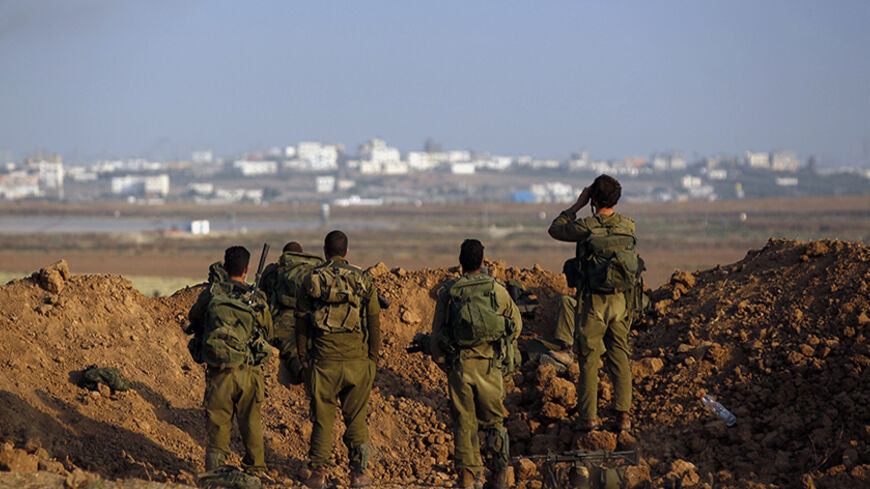On Aug. 5, the front page of The Marker, Haaretz’s economic supplement, suited the mood of the Ninth of Av Jewish fast day. Almost all the headlines prepared the public for the economic fast to begin the day after the war in Gaza ends. The main headline cited economists who expect that Finance Minister Yair Lapid will be forced to abandon his flagship program: eliminating the VAT on the purchase of a first apartment. Experts predict that cuts to the budgets of ministries focused on civil affairs in order to increase the defense budget will only exacerbate the already difficult state of the economy. Another headline reported, "Israeli parents to extend 'sardine protest' against overcrowded classes." Government hospitals are complaining about their growing deficits and say that they will be hard-pressed to provide regular services, while "Israeli airlines seek government aid to cover tourism losses from Gaza conflict." The heads of local and regional councils in the south were sent to beg for funding as "Residents on Gaza border bemoan lack of bomb shelters."
It doesn’t take an economist to explain that cuts to civil budgets will increase inequality in the Israeli market, which already suffers from chronic inequality, according to the Gini coefficient, which the Organization for Economic Cooperation and Development uses to measure inequality. Israeli society, which was established in a spirit of partnership and mutual responsibility, has become an unequal one, split between rival camps. Economic disparities affect mainly manual laborers, traditionally one of the weakest sectors of the population after new immigrants, Palestinians and immigrant workers. Disparity also affects groups that acquired education in the belief that this would lead to economic security, but were disappointed.



